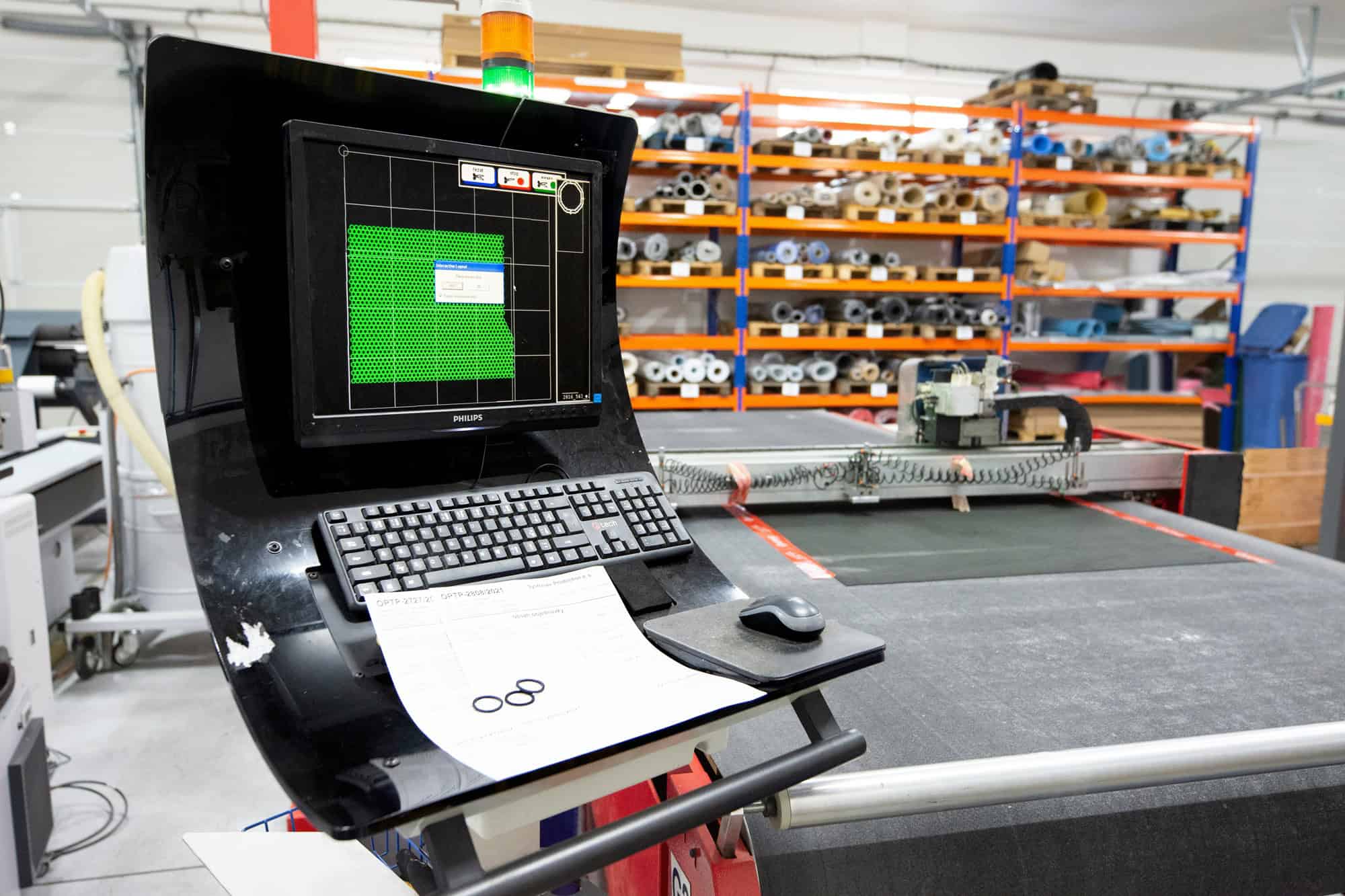In today’s digital-first world, manufacturers rely on connected systems and data-driven operations more than ever before. While this technological shift drives productivity, it also exposes manufacturing environments to an increased risk of cyber threats.
From ransomware attacks to intellectual property theft, the consequences of poor cyber security in manufacturing can be severe — including prolonged downtime, production losses, and reputational damage.
The Rising Threat to Manufacturers
Manufacturing has become a prime target for cyber criminals.
According to recent industry reports, it is now among the top sectors affected by cyber attacks – surpassing other industries that would traditionally have been targets.
So why is manufacturing such a big target? Manufacturers often run a mix of legacy systems, modern IoT-connected machinery, and operational technology (OT) that was never designed with cyber security in mind.
These environments create multiple potential entry points for attackers, who exploit vulnerabilities to access sensitive data or disrupt operations. Once inside, even a relatively small breach can halt production, compromise customer information, or result in significant financial penalties due to non-compliance.
The True Cost of Downtime
One of the most immediate impacts of a cyber attack is operational downtime. Whether it’s caused by ransomware encrypting files or a malware infection bringing down automated processes, downtime in manufacturing environments can be catastrophic. For some organisations, even a single hour of unplanned downtime can translate into tens of thousands of pounds in lost productivity and revenue.
But the cost doesn’t stop there. There are also long-term consequences to consider — damage to brand trust, delays in fulfilling contracts, loss of sensitive IP, and the cost of remediation. As such, cyber security in manufacturing is no longer just an IT concern; it’s a critical operational priority.
Why Manufacturers Must Rethink Their Cyber Security Approach
Too often, cyber security in manufacturing is reactive rather than proactive. Many organisations continue to rely on outdated perimeter defences or view cyber security as a one-time project, rather than an ongoing risk management strategy.
Modern manufacturing businesses must take a more strategic approach. That means protecting both IT and OT systems, ensuring patch management is consistent, and building a culture of cyber awareness among staff. It also means aligning cyber security with broader business objectives — such as maintaining uptime, meeting compliance requirements, and safeguarding innovation.
Practical Measures to Reduce Risk
Improving cyber security in manufacturing doesn’t necessarily require a wholesale infrastructure overhaul. There are practical, scalable steps organisations can take right away:
- Conduct a cyber security audit: Identify vulnerabilities across your IT and OT environments.
- Implement network segmentation: Isolate critical systems to prevent lateral movement during an attack.
- Strengthen endpoint protection: Secure every device that connects to your network, from laptops to machinery.
- Backup critical data regularly: Ensure fast recovery in the event of ransomware or data loss.
- Train your staff: Human error is still the leading cause of breaches — education remains a powerful defence.
- Work with a specialist partner: Engage an IT partner who understands the unique demands of manufacturing environments and can provide strategic, ongoing support.
Supporting Business Continuity Through Proactive Cyber Security
At Akita, we help manufacturers implement proactive, intelligent cyber security solutions that align with their operational goals. From endpoint protection and vulnerability management to compliance support and 24/7 monitoring, our services are designed to reduce risk, support uptime, and build long-term resilience.
We understand the pressures manufacturing leaders face — tight schedules, complex supply chains, and increasing digital demands. That’s why our approach is grounded in clarity, strategic value, and dependable delivery.
Cyber Security in Manufacturing: Keeping ahead of the curve
Cyber security in manufacturing is pivotal to business continuity and competitive advantage.
As threats continue to evolve, organisations must take decisive steps to protect their operations, safeguard their data, and build resilience into every level of their infrastructure.
To discuss how we can support your cyber security strategy, get in touch with Akita today:
Contact Us



